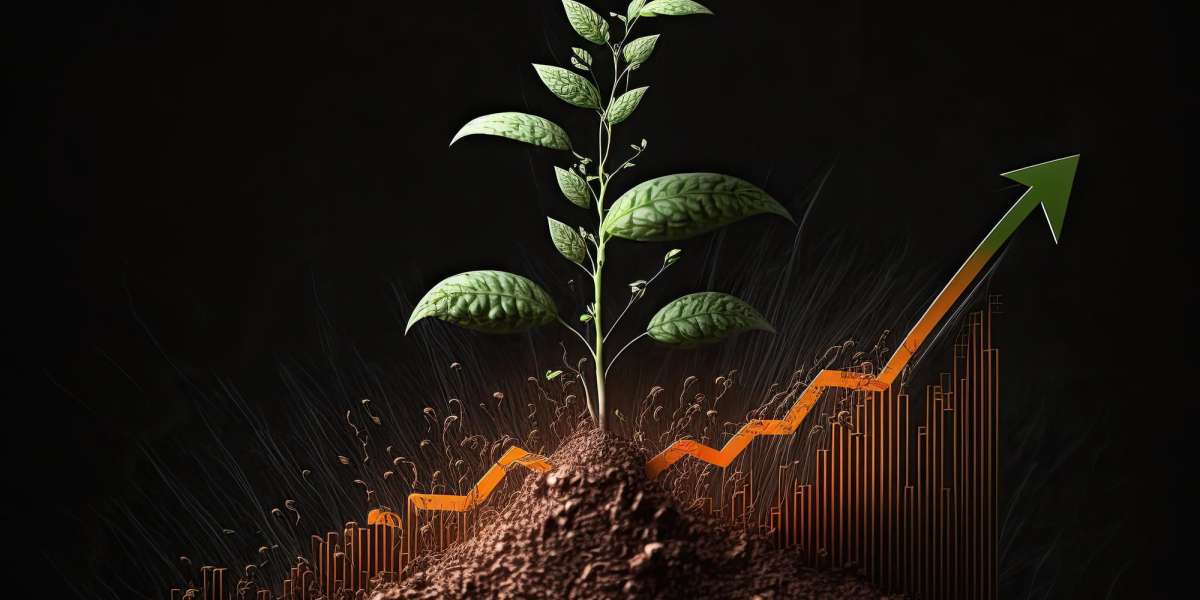In the last 20 years, the concept of ownership of your beliefs, growth mindset vs. a fixed mindset has become wildly popular in psychology. The theory is that a change in our core beliefs, one where we view our brains with plasticity and capable of learning and growth, as opposed to fixed things which we are good/bad at, can have massive effects on our accomplishments.
Intuitively, this makes sense. If we don’t believe we can change, or learn something new, or figure out something that’s never come easy to us, our perceived level of effort will always be lower. Children who are told that a puzzle is solvable will try it for many times longer than children who are not told that. We need to believe that we have a shot.
However, in recent years, it has come out that the quantitative effects of growth mindset vs fixed mindset were vastly overstated. Pessimists and realists delighted in the fact that “just believe” was not really enough. But they too are over-simplistic in their view.
It turns out that while a growth mindset is important, one where we believe we can change our outcomes based on our beliefs, it is simply one step of many. What matters more is the environment we give ourselves to support change. In schools, this means teaching kids what they believe about their learning potential matters - but it means more to have an environment where they are encouraged to try, fail, discover, ask questions, and seek help. A child with dyslexia might think they are stupid and never be able to read, however being told they can, and not supported with alternative learning methodologies will not really have the positive impact that growth mindset would suggest.
It is wonderful and necessary to know we can have success in life. To seek understanding, and know we can do it. However, just telling ourselves that is not enough. We need to create an environment for ourselves that fosters learning and self-discovery. An environment that supports failure in order to turn it into growth. If we come in day after day telling ourselves we can be successful traders, but then day after day fail to address our failings, our issues with risk management, with impulse control, with FOMO, we are not creating an environment for success, we are lying to ourselves that we are in a growth mindset, while acting in a fixed way. Belief alone is not enough to change our outcome. Belief combined with a supportive environment, willingness to seek help, ask questions, make mistakes, adopt new theories and new skills however, might just be the ticket.


